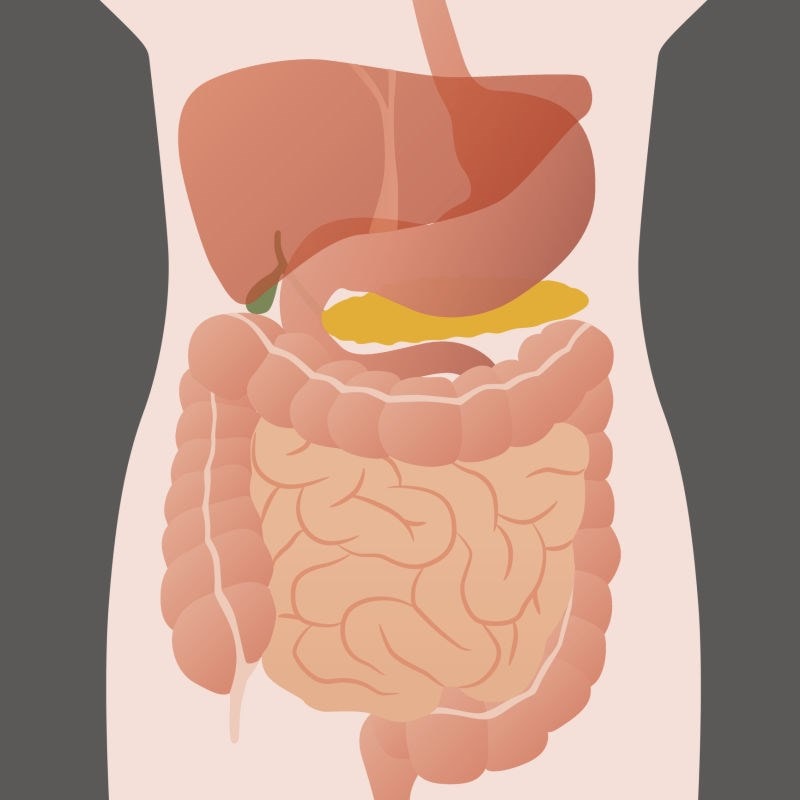10 Facts About Your Gut
Our gut microbiome is a diverse and fascinating environment. In this article we share with you 10 facts about the little world inside you.
- Our favourite word
- From parent to child
- Irritable Bowel Syndrome
- How much does your gut weigh?
- Going travelling?
- Our bodies different systems
- Important immune cells
- Digestive health in England
- How long is your digestive tract?
- Have you ever had that 'gut' feeling?
1. Our favourite word
A lot of people use the word ‘gut’ to refer to the intestines. However the gut generally signifies the entire passage between a human’s mouth and anus, including the oesophagus and stomach.
2. From parent to child
Good bacteria such as acidophilus is passed from generation to generation. A baby literally takes a gulp of bacteria as it passes through the birth canal, hence establishing a foundation for its natural probiotic levels! This is why it is so important for mothers to optimise their friendly bacteria levels before giving birth.
3. Irritable Bowel Syndrome
IBS (Irritable Bowel Syndrome) will affect up to 1 in 5 of the people in the UK at some point in their lives.
4. How much does your gut weigh?
Your digestive tract, or gut, is home to roughly 100 trillion bacteria[1], weighing 1.5 kg!
5. Going travelling?
Traveller’s diarrhoea affects up to 50% of healthy travellers under tropical or hot climate latitudes[2]. So think about taking some probiotics, like acidophilus, with you on your next holiday!

6. Our bodies different systems
There are more neurons (nerve cells that transmit and process information) in your enteric nervous system, which includes the intestines, than there are in your central nervous system, which includes the brain and spinal cord[3].
7. Important immune cells
66% of the body’s immune cells reside in the gut.
8. Digestive health in England
Every year in England over 1 million people are diagnosed with a digestive condition or disease.
9. How long is your digestive tract?
Your digestive tract is roughly nine metres in length, about the same as a double-decker bus!
10. Have you ever had that 'gut' feeling?
95% of your serotonin is located within the gastrointestinal tract[4]. This is why people feel strong emotions in their gut as well as their minds. Follow your gut feeling!
We hope you enjoyed learning a bit more about your gut and probiotics. Feel free to share and spread the word - please link back to this page if you are quoting any of the facts.
References
- Mitsuoka, T. (1992), Intestinal Flora and Aging. Nutrition Reviews, 50: 438–446.
- McFarland, L. V. (2007) Meta analysis of probiotics for the prevention of traveller's diarrhoea. Travel medicine and Infectious Disease. Vol. 5, Issue 2, pp 97-105
- Goyal, R. et al., (1996) The Enteric Nervous System, The New England Journal of Medicine, 344: 1106-1115.
- Kim, D., (2000) Serotonin: A mediator of the Brain-Gut Connection' The American Journal of Gastroenterology, 95(10)
Popular Articles
View all Gut Health articles-
Gut Health28 Feb 2025
-
Gut Health04 Feb 2025


